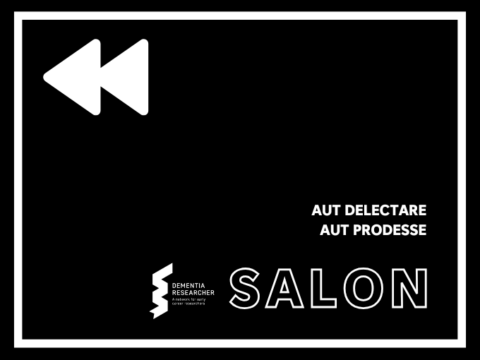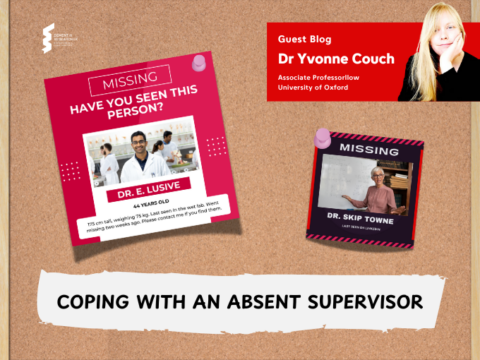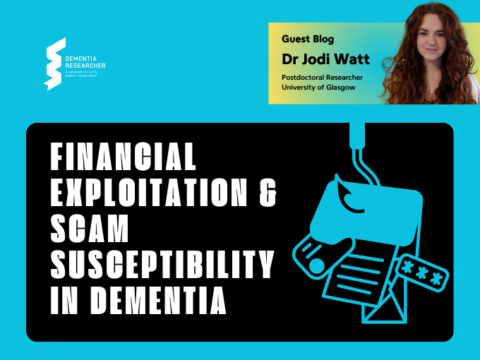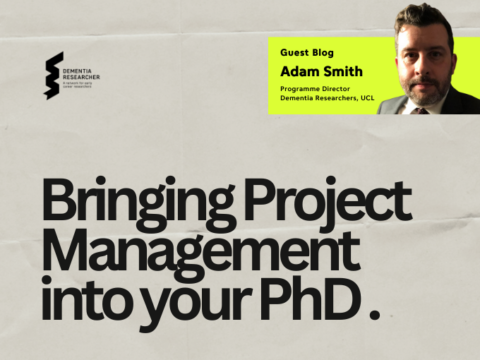The first time I heard a northern accent in a neuroscience symposium, I nearly left in tears. I hadn’t realised before that day, how much it affected me to never hear people talk like me. The accent I use in work, at conferences, when recording blogs and especially when giving presentations, is different to the voice I use when I go back home. So when I gave a presentation to the students of the Summer CAMP programme I had been organising over the past year, students from under-represented backgrounds across the UK, it took every ounce of effort to stand before them and speak in the accent I grew up with. More than one of them afterwards, told me they were nearly in tears.
Representation is a word we hear banded about a lot. Equality. Diversity. Inclusivity. Boxes we need to check off, so people don’t get annoyed. So we don’t get called out when we have a decidedly homogeneous panel. Sometimes it might feel like a chore or like chance. It’s not our fault that the people who volunteer seem to share some core characteristics. Because if you see yourself represented, I think its difficult to imagine what its like to live and work in a world that is so clearly not designed by or for people like you. To remember that representation is a matter of empathy not bureaucracy.
When I was designing the programme for our undergraduate students, the aim was to equip them with all the skills they’d need for a postgraduate degree. All the skills that are assumed but never taught to most of us. How to read, how to write, how to think of a research question, how to design an experiment, how to apply to a PhD, what a PhD is. We wanted to make the world of academia more accessible to students who don’t come from a place where academia is the norm. We tried to answer every question they had about what a job in academia looks like and about what life looks like in this world that feels so far away. We had speakers from across the career spectrum and when our students came to Cambridge for their final residential, we made as many excuses as possible to talk to academics and each other. But the one thing I repeated at every opportunity as I saw them look up at the halls where they ate and the lecture theatres they presented in was that they deserved to be here. That we were lucky to have them, and that they should never talk themselves out of rooms they deserve to be in.
The feedback we received was overwhelming. The practical skills were incredibly useful, but I could never have anticipated how much of an impact representation and me just saying those words would have on our students. They emailed to say how much they needed to see success stories from people who looked and sounded like them. The reassurance they felt from hearing the backgrounds and lives of researchers from the same places with the same struggles. Realising that experiencing ups and downs, imposter syndrome, and uncertainty were all normal.
I’ve written before about how bringing a little personality and whimsy to academia can bring a smile, but I think we always underestimate how much bringing personality to what we do can also inspire the next generation. There is someone out there who dreams of being a scientist, who is like you in some identifiable way you may not even be able to see, and who doesn’t think they can make it. Never forget that before you have said anything, you are proof that they can.
None of us would ever label ourselves inspirational. But to a four-year-old who dreams of wearing a lab coat, you absolutely are. To a ten-year-old who can talk about science for hours, you are. To a high school student who doesn’t know what a PhD is yet, you are. If academia is an ivory tower, then we can’t blame young would-be scientists for being scared to even try. If the door is a secret, hidden by a wall of thorns, then we can’t in good faith say that the lack of diversity is because of chance.
So, the first step in making academia more accessible is to recognise that you are inspirational, or at least aspirational. You have the job that thousands of students would love to do if they knew it existed. You are proof the door exists. There is no secret to good outreach other than to be yourself, be honest, and to do it! Use your natural accent, tell them where you’re from, and how you got here. Tell them every blip in the journey, about every time you thought you wouldn’t make it, so that they know the feeling that they don’t deserve to be here is a feeling almost everyone before them has had. Don’t just tell them what you do as a scientist, tell them what you like about and what you hate about it. Tell them about conversations over coffee, and that one time you nearly gave up. Show them a realistic road to the ivory tower and what it looks like inside. Show them that a scientist can have pink hair, be super into video games, or weightlift on the weekends. Show them that we’re just people. And maybe they’ll realise that they can be inspirational too.
Term is starting and there is no time like the present to call up a local school, join a programme like ‘Skype a Scientist’ or the Brilliant Club, or set up your own scheme to try and bring the world of academia out of the ivory tower and into real life. Make yourself a standard slide deck explaining who you are, what your story to academia looks like, and what your weeks consist of now you’re here. What were your biggest challenges along the way? What do you wish you’d known? Why did you choose science? Don’t just go to the usual places, hammer down the door of the schools who don’t get back to you right away, or who don’t have a strong science programme. Look out for the students who mispronounce technical terms because they’ve only ever seen them written down from teaching themselves.
I know time is always of the essence and that communicating our science is as important as ever. But let’s try to remember that for so many young people it is the scientists, and not the science, that they need to hear more about. They want to hear your science, yes, but they need to hear you.
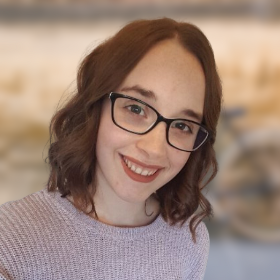
Rebecca Williams
Author
Rebecca Williams is a PhD student at the University of Cambridge. Though originally from ‘up North’ in a small town called Leigh, she did her undergraduate and masters at the University of Oxford before defecting to Cambridge for her doctorate researching Frontotemporal dementia and Apathy. She now spends her days collecting data from wonderful volunteers, and coding. Outside work, she plays board games, and is very crafty.

 Print This Post
Print This Post
